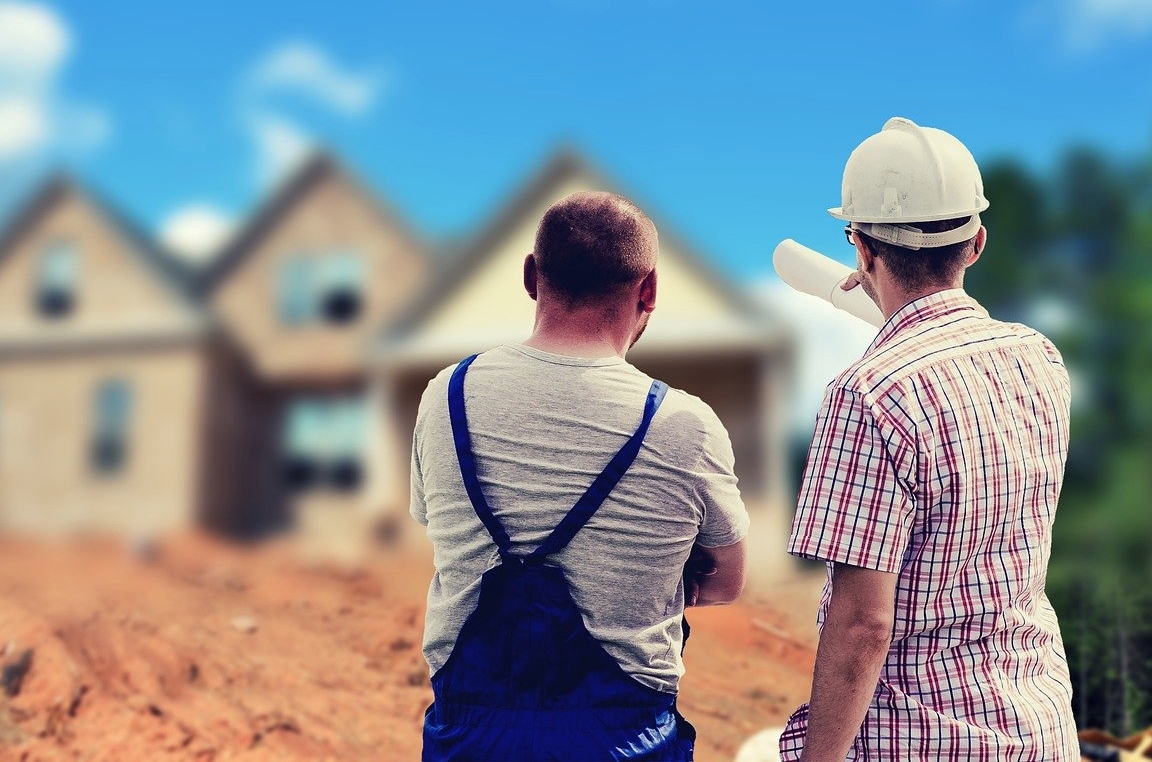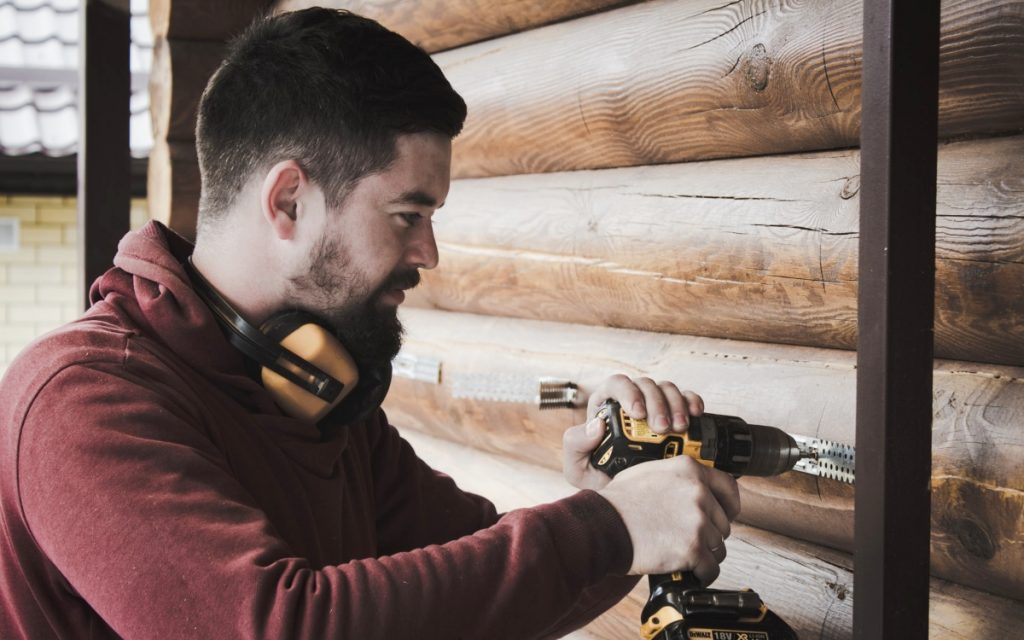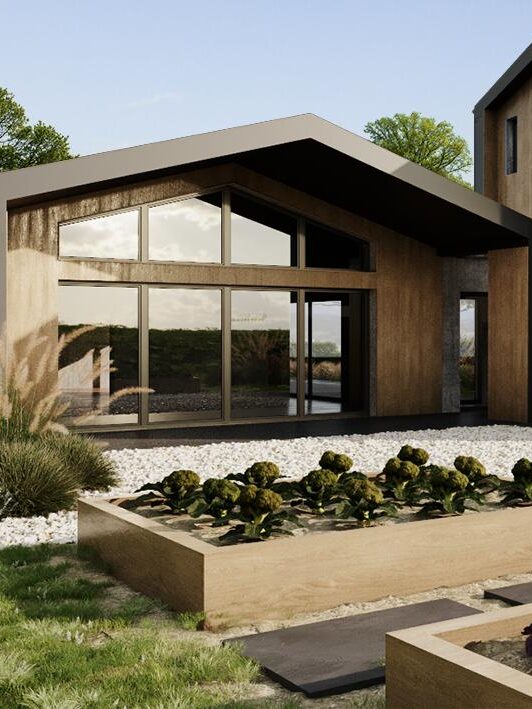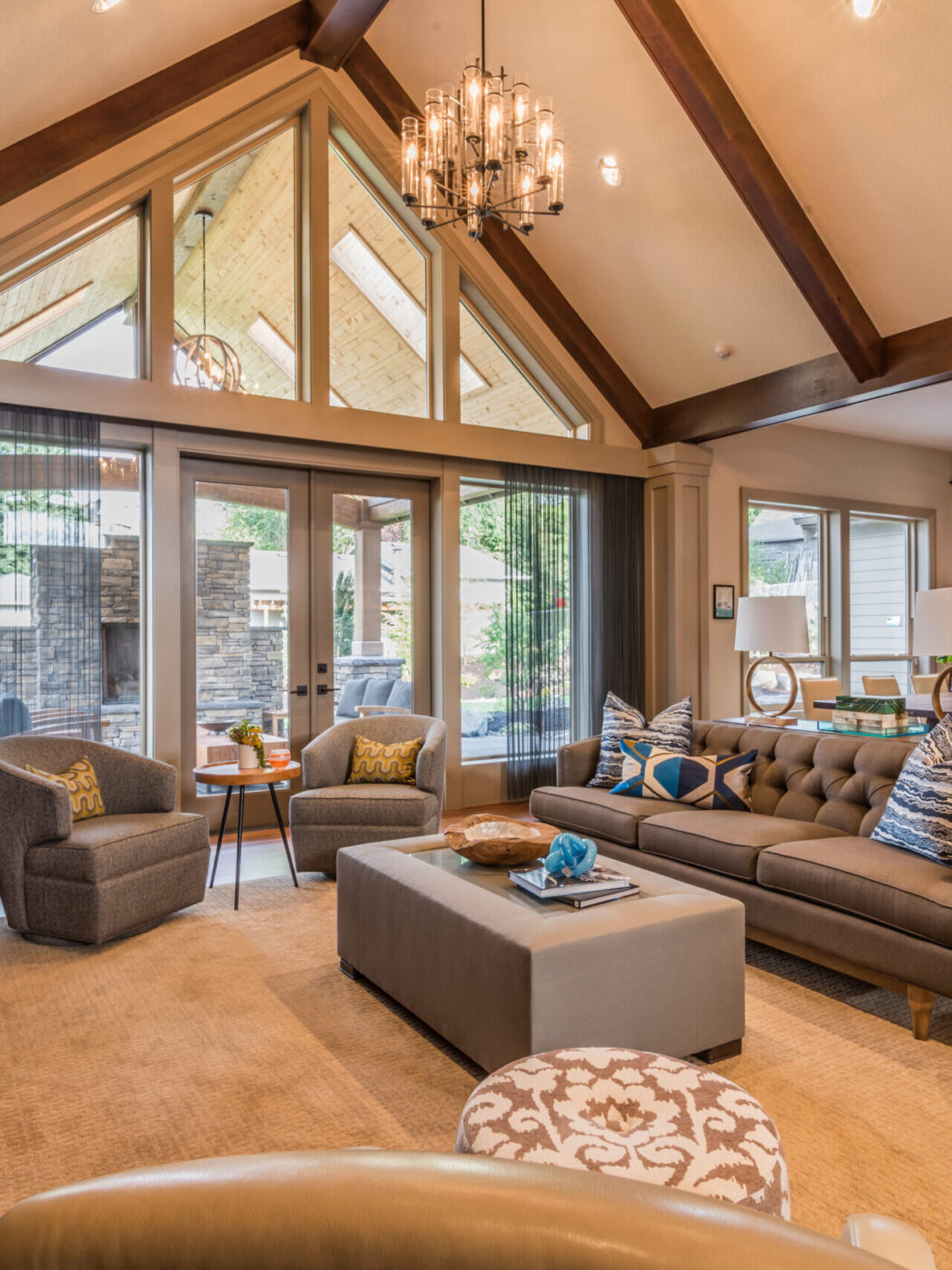
Builders in Spain: How to decide who to hire for your villa
Making the right choice when hiring builders in Spain can really make or break the final result of your home in the sun.
There are many people involved in the team you need to build a house in Spain, but the builders (or contractors) are the ones who’ll actually be bringing it to life – so you must make sure you do your due diligence.
Here’s what you need to look out for when hiring builders in Spain, from putting your project out to tender to laying the final brick…
What’s the difference between a builder and a contractor?
The terms “builder” and “contractor” are more or less interchangeable in the context of building a house in Spain.
It’s most common to use the term “contractor”, because the person you hire may have several subcontractors working under them. Also, the contractors you hire to build your house are likely to do a lot more than just lay bricks, including installing a swimming pool, renewable energy systems, driveway, garden, preparing the site, excavation, foundations, retaining walls…
Your contractor will also be the most important project manager on the job (if we use the term in its broadest sense). They have to coordinate all the different subcontractors, trades, waste removal, scaffolding, and a hundred and one other things that allow the whole construction process to work smoothly. One small mistake and the whole project falls out of sync.
Your contractor will also need their own site manager. This is an important figure who practically lives on the site. They coordinate all the details under the direction of the main contractor, who also follows instructions from the architect and potentially the technical architect too.
Should you hire separate suppliers independent of the main contractor?
At Eco Vida Homes, we strongly advise against hiring your own suppliers for your builder to work with.
When you have a single contractor who hires his own suppliers and subcontractors, there is no argument about who is responsible for things going wrong.
Building sites are very complex places. Hundreds of critical decisions are made every day and things WILL go wrong, including breakages, mistakes, misunderstandings, etc.
A single contractor can bring pressure to bear on the subcontractors because he can offer them or deny them future work. You, on your own, have almost no influence.
A big part of the main contractor’s role is organisational. They’ll have legal responsibility, including insurance and health and safety, so it’ll be far easier to make any necessary claims.
Plus, they can get better prices by buying materials in bulk as they’ll be able to use them on other projects.
How do you find the best builders in Spain?
Like most things in Spain (or, in fact, globally) there is a wide range of quality when it comes to builders.
Spain doesn’t have quite the same level of consumer protection, review websites, or TV programmes that catch out rogue traders as other countries (but it’s catching up fast).
In Spain’s big cities like Madrid, Barcelona and Marbella, resident and foreign clients alike demand high standards – but in the rural areas, horror stories of incompetent tradesmen are still commonplace.
So how do you identify good builders in Spain? Sorting the wheat from the chaff can be quite troublesome in the beginning, because the vast majority will be able to present themselves well and it can be hard to know how they’ll actually work.
Our advice: ask for recommendations. Whether it’s your lawyer, architect, estate agent, neighbour, or a family member, a reference from someone you trust who’s actually seen the builders in action (and the finished product) is worth its weight in gold.
Ultimately, you’re looking for someone that shows a keen interest in your project. They should ask the kind of questions that show they actually care and demonstrate that they will be able to understand your vision. If they don’t ask many questions, they may just be desperate to close the deal, which doesn’t mean they’re desperate to do a great job.
How to compare tenders for building work in Spain

Creating tension between various contractors goes a long way towards gaining control over your costs.
First, set up a spreadsheet with a separate column for each contractor bidding on your project, and each item in the project you’ve asked to be costed.
If they have followed the tender instructions properly, you’ll be able to compare the bid item by item (there could be over 1000 or 2000 items in the project).
Look through for any major discrepancies so you can tell right away if any given contractor might be inflating their prices (and ultimately whether or not you can trust them).
Next, compare the subtotals of each section of the spreadsheet. You may be able to eliminate some tenders fairly quickly if they took it upon themselves to change the specifications, remove what you asked them to quote for or replaced it with something else without your approval. It’s good for your contractor to offer suggestions, but they must be transparent.
The tender instructions will be quite long and will have been painstakingly put together. You might not notice any changes a contractor makes, which is a problem because you are not comparing like for like and you run the risk of choosing a contractor that hasn’t actually quoted you for what you asked for.
Finally, go through the bids in more detail and start asking questions that will give you an insight into how they have bid and how they think:
- Are they a suitable company for the job?
- Did your meeting go well?
- Did you like their portfolio of finished projects?
- Can they prove they are financially stable?
- Do they have the resources to manage your project?
- Do they have the right experience?
- Can they get started in time?
- Does their bid comply with the instructions?
- Is the price right for your budget?
- Do they seem like they care and are genuinely interested?
- Do you like them?
- Do you trust them?
You may find you want to finesse your specification once you know how much everything costs – perhaps taking some things out and adding new things in.
After this initial process of reviewing the bid, try to whittle your list of contractors down to two or three.
Why do builders in Spain submit such different quotes?
Builders in Spain can submit quotes that vary by as much as 40% (or sometimes even more). But when they’re all working from the same tender document, how can this be?
One factor will be how keen the builder is to do the project. They may have a team and materials ready to go, which would make the project more profitable for them. They may have also hit a lull and need to take on a new project fast. If they have plenty of work and are working with a waiting list, they may be charging a premium. Their experience, judgement and attitude to risk will also play a major part in their pricing.
Labour is another important pricing factor. In fact, the day rate of both skilled and unskilled labourers can make a big impact on the final cost of building a house in Spain. Building suppliers and materials are also going to differ from one contractor to the next, so it stands to reason that there will be at least a few discrepancies.
Negotiating with builders in Spain
After deciding which contractor you want to build your home in Spain and you’ve carefully gone through their bid, it might be necessary to negotiate with them.
The principal terms to be negotiated with your builder in Spain are the contract sum (the total to complete the project including the contractor’s fee), the initial deposit and the completion date.
It’s not good practice to simply ask them to match the lowest bid on each item. Consider that a good builder in Spain will be quoting you based on how they value their time, expertise and level of service.
This is a two-way street and they are also considering whether or not they want to work with you, so don’t jeopardise the relationship by undervaluing them.
Of course, you can negotiate on more than just price, including start date and payment terms.
At the time of writing, the cost of building a house in Spain is going up and we are expecting a post-COVID boom. In short: it’s a seller’s market right now.
Builders in Spain: Time frames and starting work

A typical villa project in Spain may take 14 months, but larger scale or more complex houses can take 18 months (Eco Vida Homes has completed a villa in just 10 months, which is achievable if managed correctly).
If time is a factor, your contract with your builder may include a financial penalty for every day they go past the deadline. It may be a low number to start with and increase over time.
Once contracted, the builder will need at least two weeks to get onsite. They first have to open up a “labour location” with the local authority for social security, as well as health and safety reasons.
Then they’ll need their civil insurance in place before the works start, as will you, your professional team, architect, and technical architect. You will need an all-risks developer’s insurance to cover anything not covered by the others (a worker or passerby getting injured or damaging the neighbouring property, for example). It is optional, but it’s not expensive and really worth doing.
The smoothness of the build will depend massively on how much groundwork you lay by being meticulous with your assessment of your builders, so don’t cut corners to get things moving quicker – or you’ll pay for it down the line.
If you’re ready to build your home in Spain and need some advice on putting a team together, leverage Eco Vida Homes’ years of experience working with builders in Spain so we can point you in the right direction.


